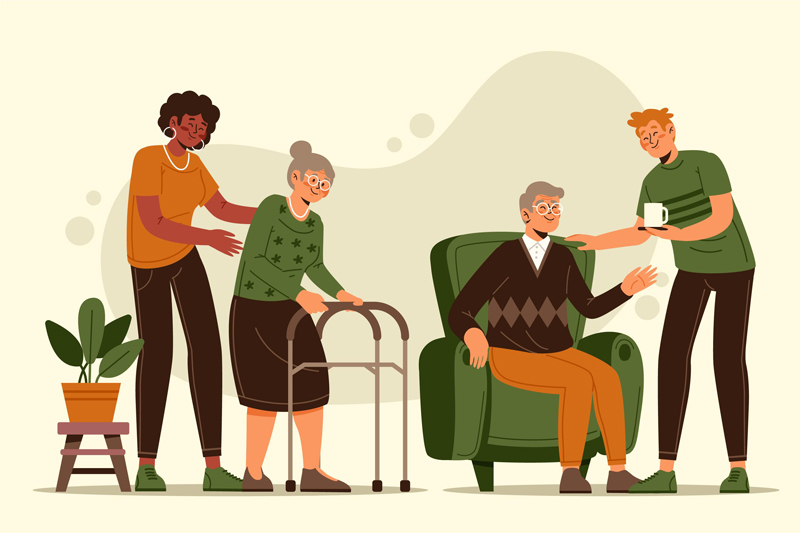In my 40-year therapy practice with both UMD faculty and others I have seen hundreds of people struggling with various medical conditions, oftentimes debilitating and deadly, and usually with varying degrees of chronic pain. The challenge has been to help them maintain their spirit, hope and overall mental health. The most frequent emotional responses to…
Category Archives: Areas of Interest
Before retiring two years ago, I spent many hours counseling faculty who were facing their own impending retirements and the many issues that this brought up for them: What will I do every day? Will I lose daily contact with people? What happens when my partner or I begin to deteriorate medically, or cognitively? Will…
The American Psychological Association defines anxiety as an emotion characterized by feelings of tension, worried thoughts and physical changes like increased blood pressure. People with anxiety disorders usually have recurring intrusive thoughts or concerns. They may avoid certain situations out of worry. They may also have physical symptoms such as sweating, trembling, dizziness or a…
Depression is a “whole body” illness involving mood, thought and changes in your physical health. It may affect appetite, sleep, feelings about self, and thinking ability. It may also affect relationships and performance at work. Clinical depression is more than the “blues” or the normal feelings we have around loss. In depression, symptoms are more…
In my private practice I see individuals in recovery; those who have relapsed and are looking for support to get back on the wagon; those who are “evaluating” whether or not they are ready to begin a life of recovery; those who have been arrested for DWI or a drug related charge; parents and partners…
Much research has been conducted on understanding stress and there are several things that have become evident. Of most concern is the fact that stress is implicated in the six leading causes of death in this country. This makes stress one of the most toxic of the preventable contributors to illness. Managing stress may entail…
Why is it so hard to listen? Most of us can make our point without too much difficulty. Any time I work with two or more people, both are usually expert at describing everything that is wrong with the other person. But it is rare to find someone who truly knows how to listen. Why…
Faculty-Staff Counselor Shares Observations on Staying Resilient Amid Worry, Grief of Pandemic As a counselor at UMD’s Faculty Staff Assistance Program, I have spent 30 years helping people understand and make sense of what they are going through. I was around for 9/11 and the tornado that swept through our campus two weeks later. That…
Couples often approach therapy reluctantly and hope that the therapist will agree with their individual perspective and “join them” in convincing their partner to see things similarly. They are often surprised (and hopefully pleased) when I don’t go along with their plan and instead use an approach that involves teaching them to: Listening for understanding;…









